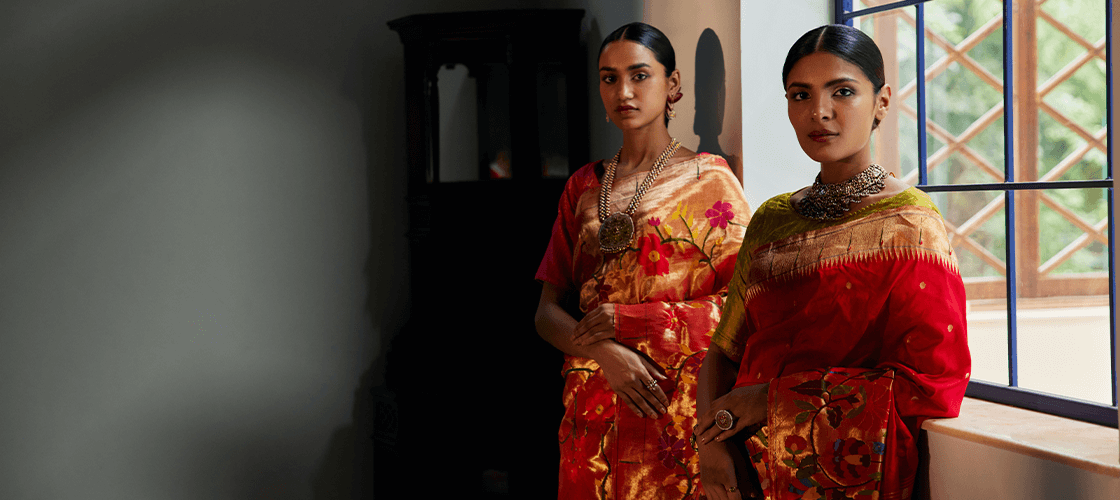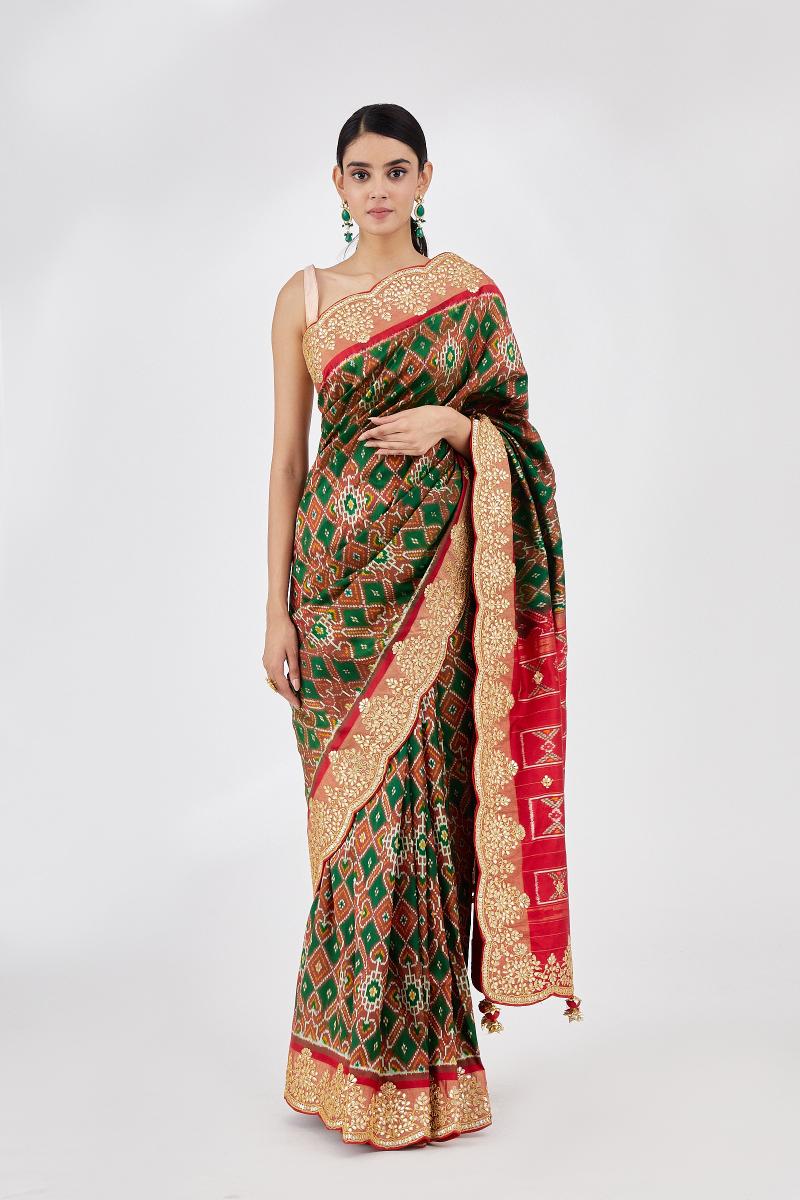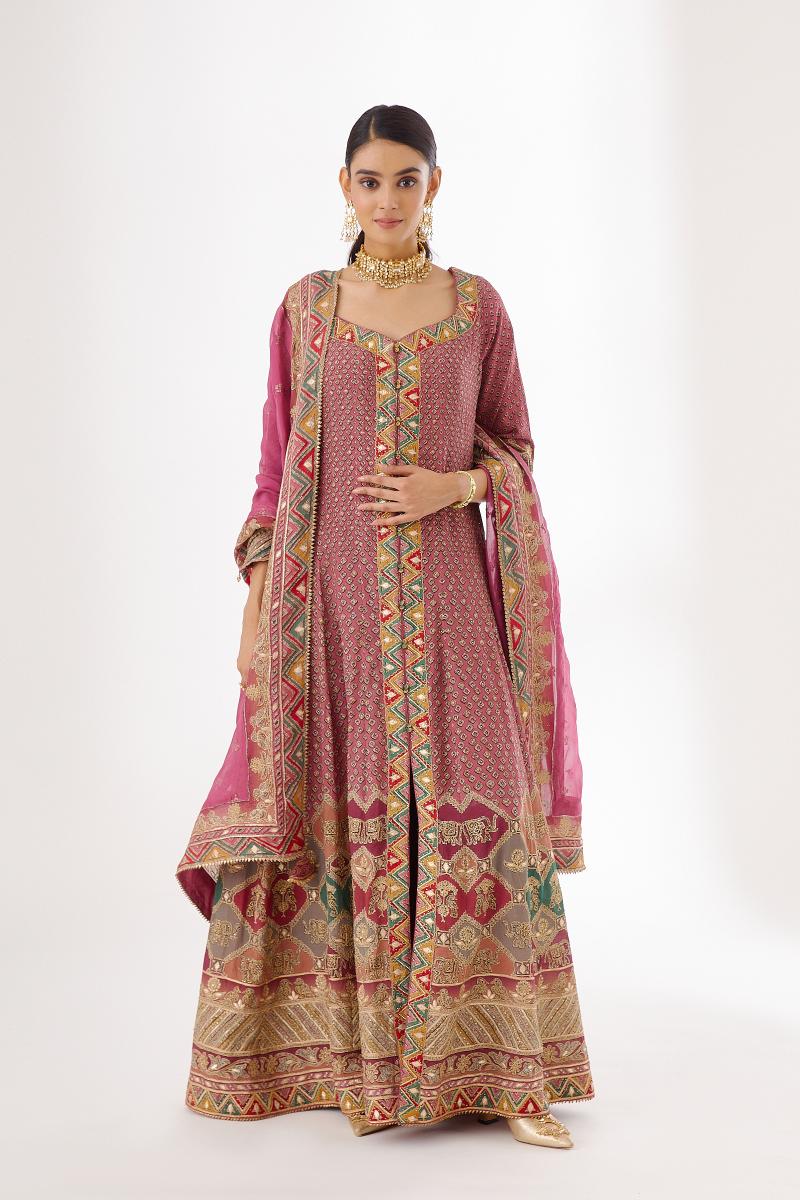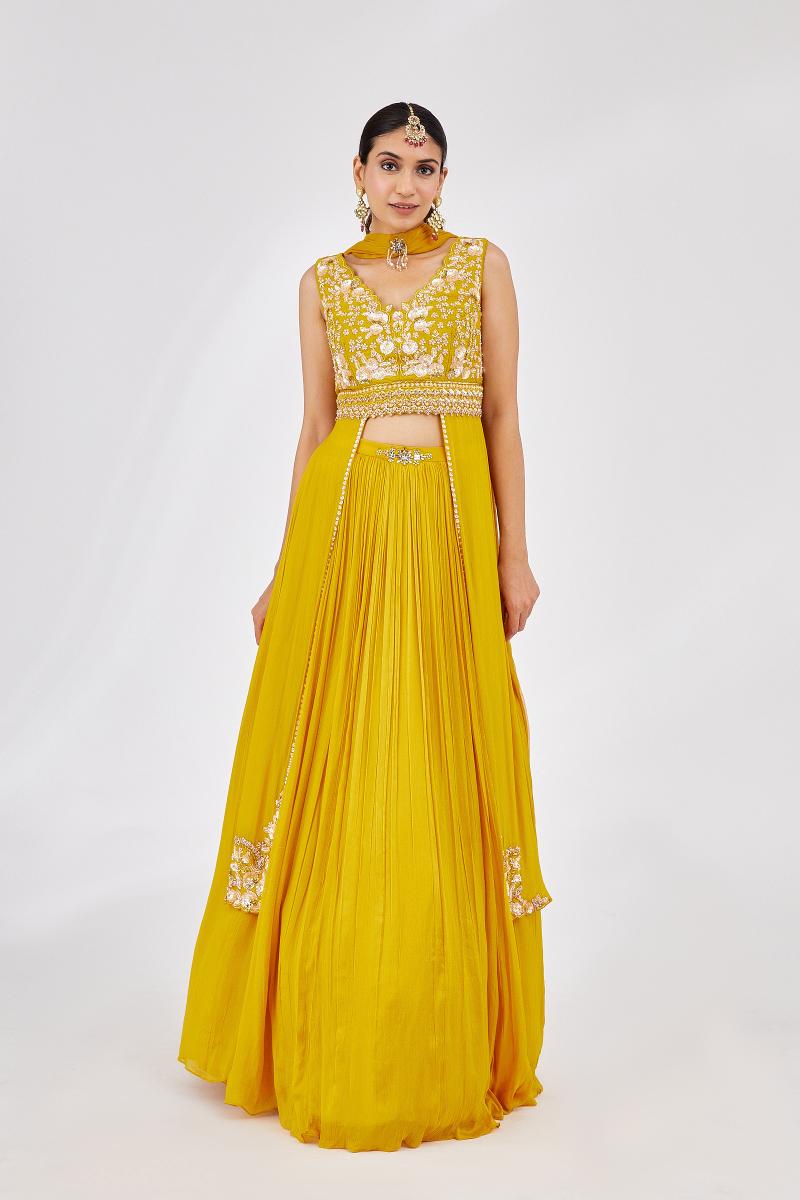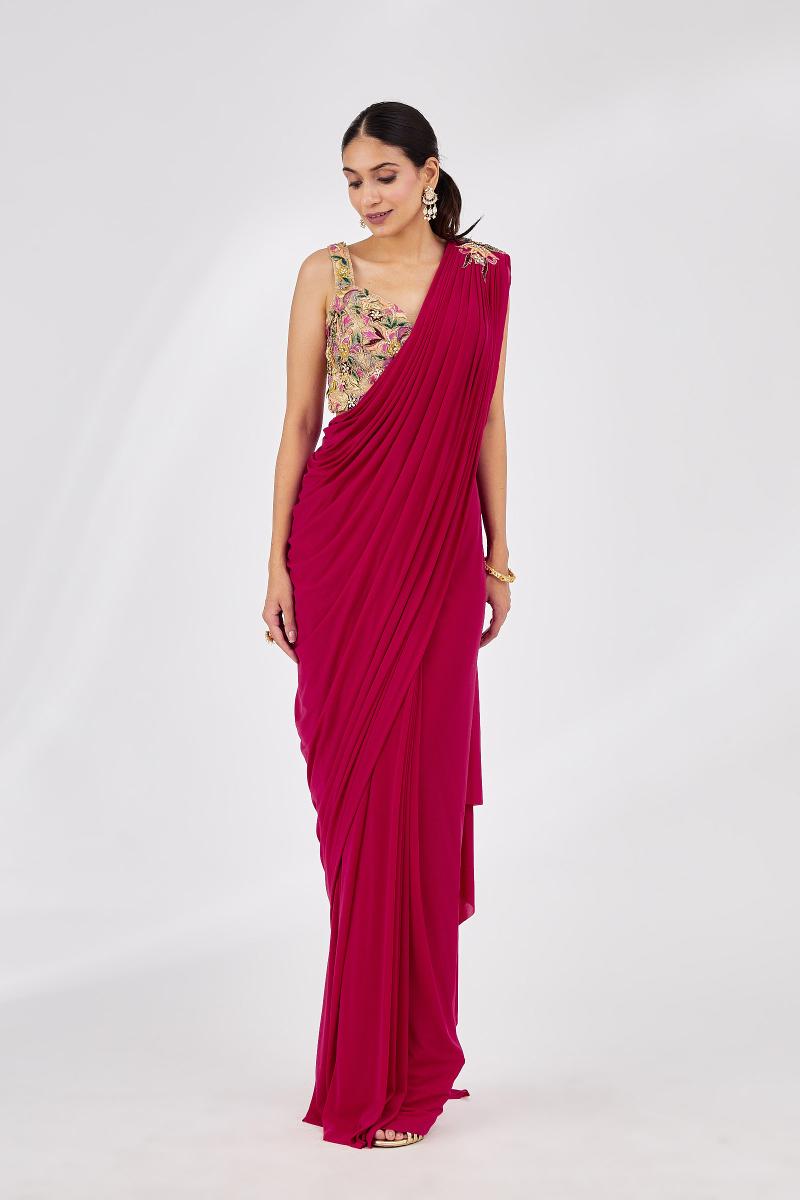Get 10% off on your first order. Use code FRONTIERRAAS10
Karwachauth – for those who Love and Believe!
Abundant with independence, Women in India today fearlessly speak the spiritual, social, and psychological spirit of India reinterpreted through their faith and logic. They not only manage their career along with the home front beautifully but also voice what matters not just for themselves but for society at large.
Iconic, mesmerizing, spellbinding - today, an Indian woman is all that and more!
India is home to countless cultures and traditions. One such traditional celebration is the festival of Karwa Chauth. The importance of Karwa Chauth can be seen through its celebrated lineage spanned across centuries and communities. Traditionally this festival is celebrated by married women for her husband’s health and long life and marks a blend of cultural beliefs with symbolic rituals and auspicious norms.
But as the ties of age-old rituals started to loosen its hardbound rules with liberal mindsets of women of today, this festival is a celebration by choice, only for many.
Etymologically, the term ‘Karva Chauth’ means the fourth full moon of the Kartika month, the significance of the moon transcends its unique astronomical position on the day. The festival of Karva Chauth, however, evokes two extreme perspectives among women in India. One that considers it just another patriarchal convention trying to define womanhood with terms such as faithful or devoted wife. And the other symbolizes eternal love and trust.
Romance meets old-school Indian rituals
The celebration of this day is omnipresent, albeit in varying quantities all over this ancient land. However, its significance differs for everyone. For some people, it is carrying forward the beauty of traditions, and for others, it is simply Love! And of course, there’s the added benefit of it being a day of detox!
There is no denying that Karva Chauth is an inherently gendered festival that defines the woman as a sacrificial wife and puts the onus on her- to pray for and prolong the life of her husband. Some may not understand the myths associated with the festival; however, faith has always been important to women. Instead of abandoning the custom, the Indian modern women have modified it to suit their value system. To support each other, some husbands and wives partake in observing the fast together.
Religion and faith have a stronghold in the lives of people. It is not an easy way to stop people from believing in something. Instead, looking for a progressive change within the belief would be a better alternative. If Karva Chauth is a symbol of love, it is for both men and women.
Women – you may fall in Love with yourself too.
Another significant aspect of this day other than fasting is to embrace the Solah Shringar of a married woman - sixteen adornment rituals that transcend a woman into marital bliss. Ancient Vedic texts equate the woman with the divinity of Goddess Lakshmi, the goddess of prosperity, fertility, and beauty, as she adorns herself from head to toe.
Ancient Hindu texts claim strong scientific logic to Solah Shringar. While garments cover modesty and perfume is simply to allure, the belief is many of the other embellishments aid in the good health and well-being of the wearer. Among Hindus, women are embodiments of Shakti. So traditionally, ornaments are worn to protect orifices and extremities.
Age-old traditions laced in scientific rationales
The Bindi is symbolic of the third eye, representing the perceptive powers to see the future. Bangles increase a woman’s blood circulation while toe rings regularize the woman’s menstrual cycle. The waistband is to prevent saturation of fat in the waist and maintain a woman’s figure.
The day of Karwa Chauth makes for a joyful emotion like no other. Laced with traditions and rituals, it brings in a season of splendour of fuss and frolic and collective joy!
Heartedly put together for the women who believe and love, is our vivacious Karwachauth Edit – indulge and pamper thyself!






